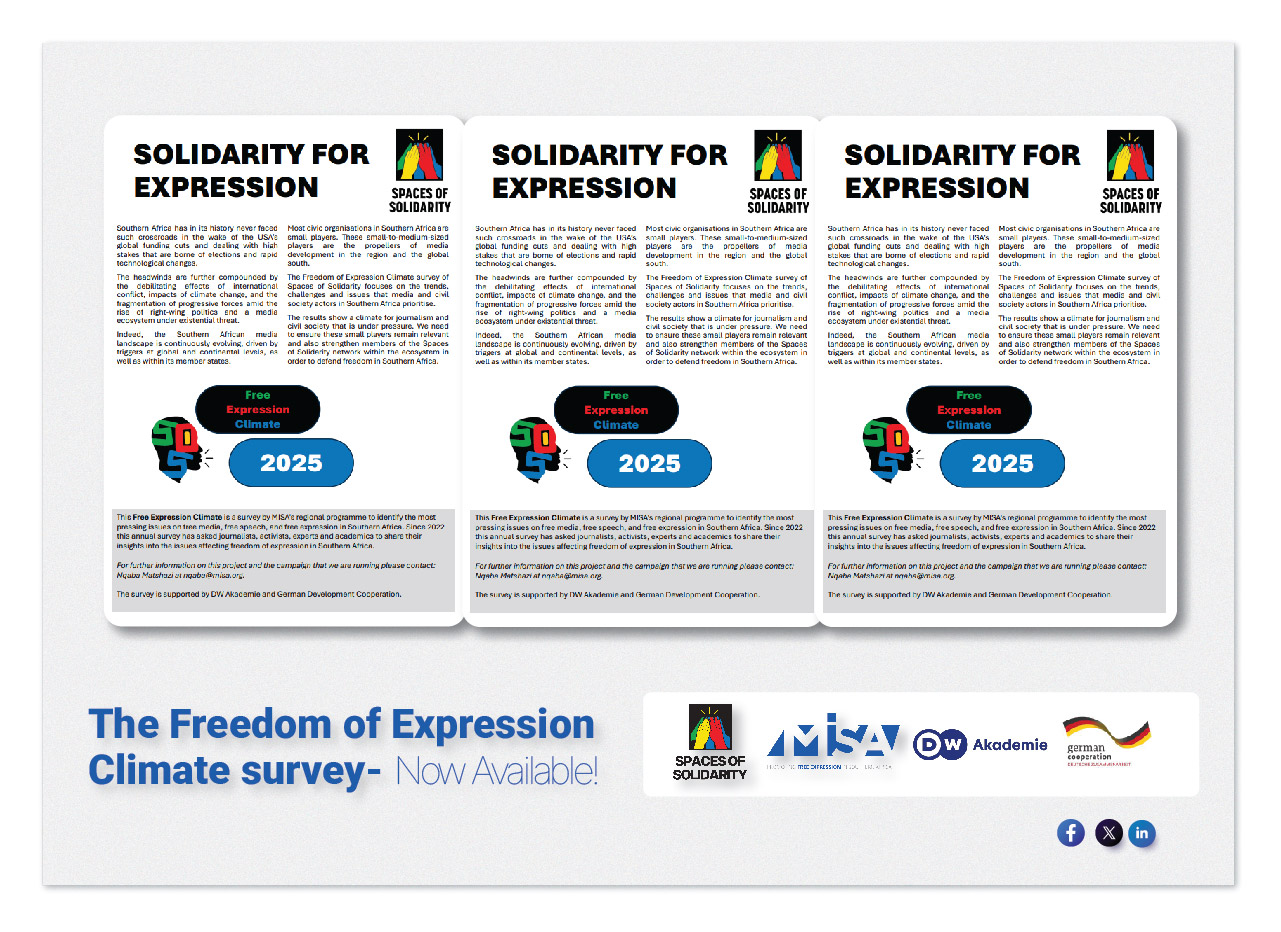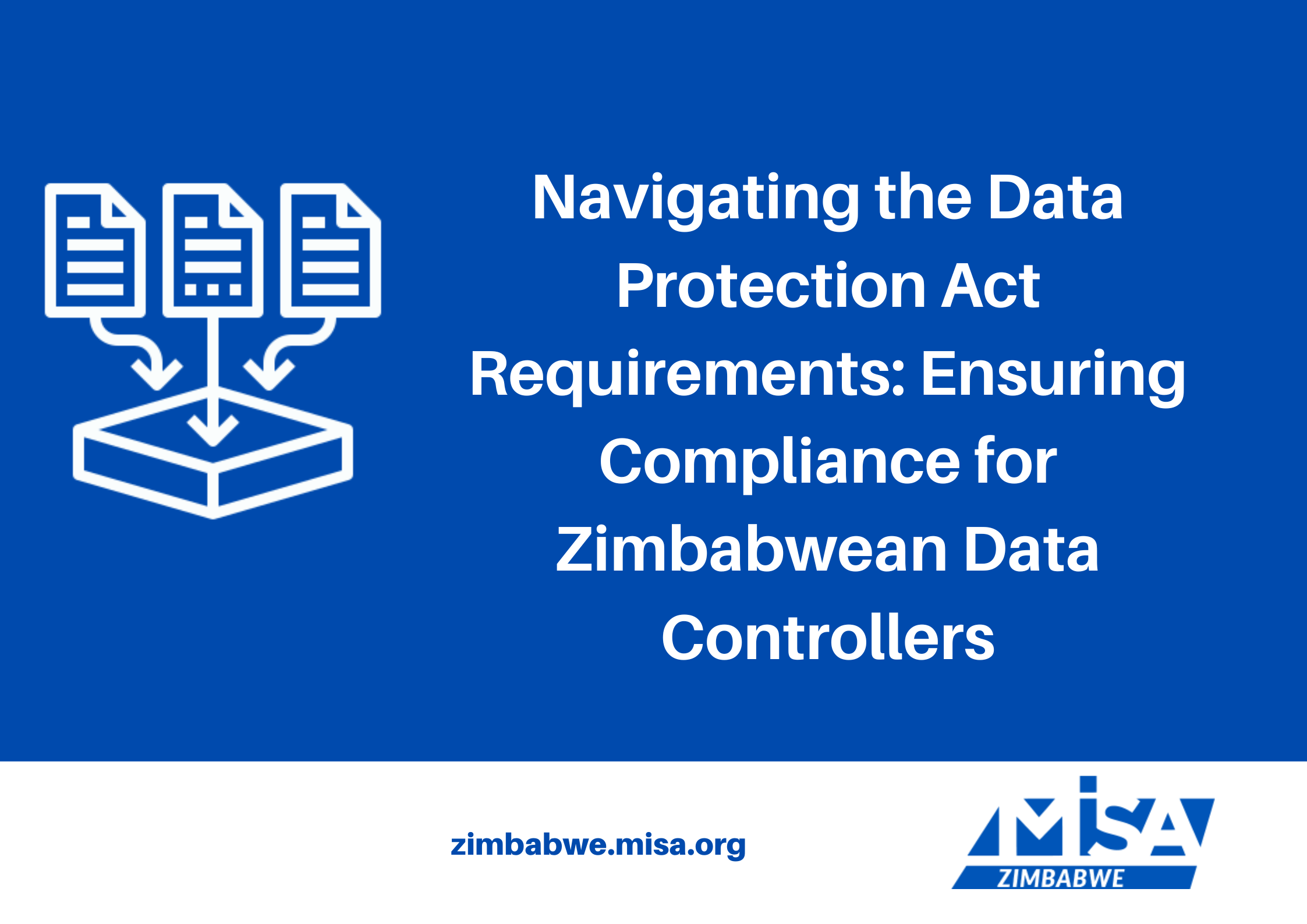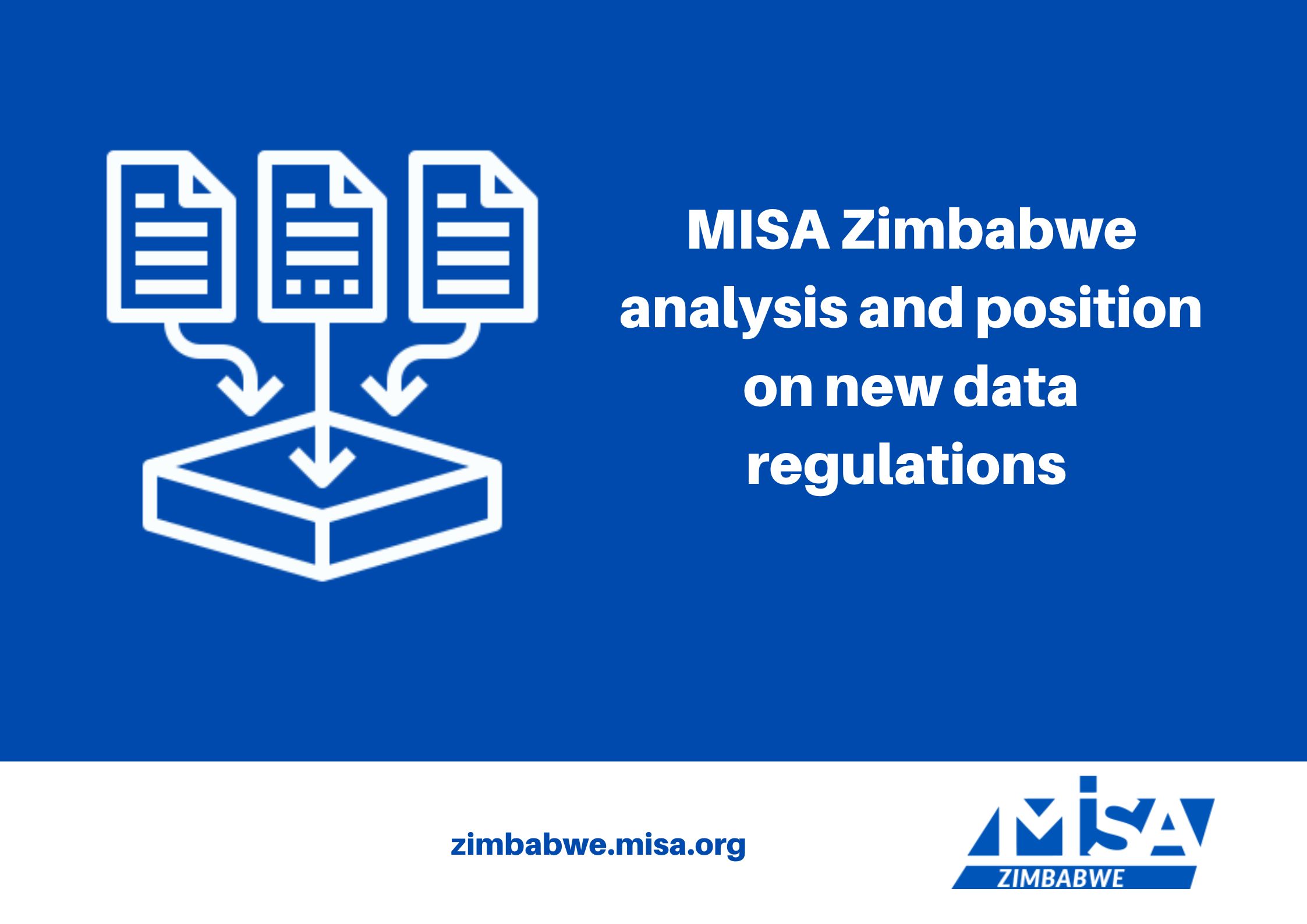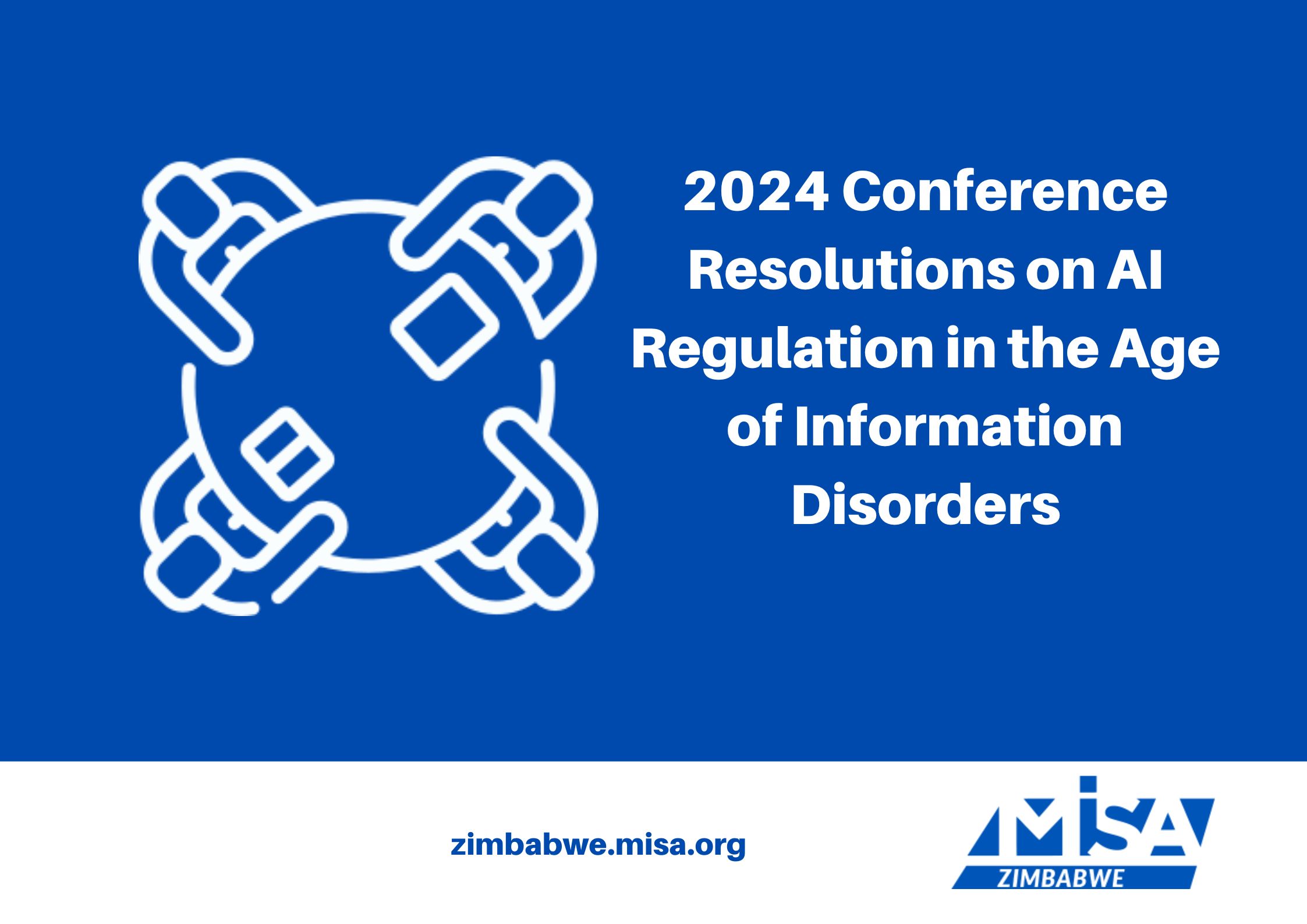Surveillance and privacy
Under its Surveillance and Privacy project, MISA Zimbabwe will explore how State-sponsored surveillance affects the right to privacy. Especially in Zimbabwe, where there are no laws that set limits on surveillance activities. In Zimbabwe, the Interception of Communications Act (2007) (hereinafter the ICA) legitimises surveillance.
As the name states, the Act regulates the interception of communications, including telephonic communications, postal telecommunications as well as Internet-based communications. However, the Act does not have any oversight mechanisms that prevent over-surveillance and extra-judicial surveillance. MISA Zimbabwe submits that there is need to test the constitutionality of the ICA.
There are also reports that surveillance activities in Zimbabwe go beyond the bounds set out in the ICA. For example, in news reports in March 2018 that Zimbabwe acquired facial recognition technology from the Chinese firm, Cloudwalk Enterprises. The use of facial recognition technology is not covered by the ICA and there are currently no laws that regulate or limit the use of such technology.
The same goes for the use of surveillance cameras scheduled to be rolled out under the Smart Cities initiative launched by the Zimbabwean government in March 2018. Once set up, these surveillance cameras would capture video feed from public spaces. There is currently no policy or laws that will regulate how the media captured by the surveillance cameras will be used, stored, or disposed of.
This situation is exacerbated by the fact that Zimbabwe has no data protection laws that adequately regulate the collection and processing of digital information.
Through this project, MISA Zimbabwe is initiating the conversation on the need to regulate
surveillance by calling for the introduction of laws that promote transparency and oversight over State-sponsored surveillance. Such a law may make it compulsory for the State to report to Parliament about the surveillance activities the State is using on Zimbabwean citizens and residents.
The law may also call for a declaration of how much the State spends on surveillance equipment and activities.
There is also need to encourage the publication of statistics from Internet Service Providers and Mobile Network Operators on the requests they get from various State security agencies for customer information and access to customer communications. These reports would not have to give case-by-case analysis but would give the number of requests by State security agents and the number of requests that were granted and those that were denied. This would provide a level of oversight and transparency that is currently not there.
This section of the website will be regularly updated with reports of surveillance projects in
Zimbabwe:
– The importation of cell phone tower simulators (IMSI catchers) from Iran
– The Zimbabwe Smart Cities initiative (listed because of the surveillance camera component)
– China, Russia, and Iran helping Zimbabwe to set-up own National Security Agency type
surveillance centre
MISA Zimbabwe write-ups on surveillance and privacy:
– Facial recognition technology and privacy rights
– Zimbabwe government steps up surveillance efforts
Surveillance and privacy news from our chapters
Apply Now: AI Journalism Innovation Fellowship for Southern Africa – Innovation and Integrity
DW Akademie's Dialogue Fund is inviting journalists and newsrooms from Southern Africa to apply for an innovative fellowship programme focused on developing AI solutions for public service journalism that combine innovation and integrity. What is the fellowship...
The Freedom of Expression Climate survey 2025- Now Available!
Southern Africa has in its history never faced such crossroads in the wake of the USA’s global funding cuts and dealing with high stakes that are borne of elections and rapid technological changes. The headwinds are further compounded by the debilitating effects of...
Navigating the Data Protection Act Requirements: Ensuring Compliance for Zimbabwean Data Controllers
Zimbabwe’s Cyber and Data Protection Act [Chapter 12:07] establishes a structured legal framework for the processing of personal data, ensuring both privacy and security for individuals. Section 5 of this Act designates the Postal and Telecommunications...
MISA Zimbabwe analysis and position on new data regulations
The Cyber and Data Protection Act [Chapter 12:07] was gazetted on December 3rd , 2021, and came into force on the same day. In essence, the data protection law mandates that all businesses operating in Zimbabwe (and outside) adhere to data protection and privacy...
2024 Conference Resolutions on AI Regulation in the Age of Information Disorders
25 October 2024, Monomotapa Hotel, Harare On 25 October 2024 MISA Zimbabwe convened a Conference on AI (Artificial Intelligence) in the Age of Information Disorders during which delegates debated and deliberated on the importance of AI regulation and policy reforms in...








